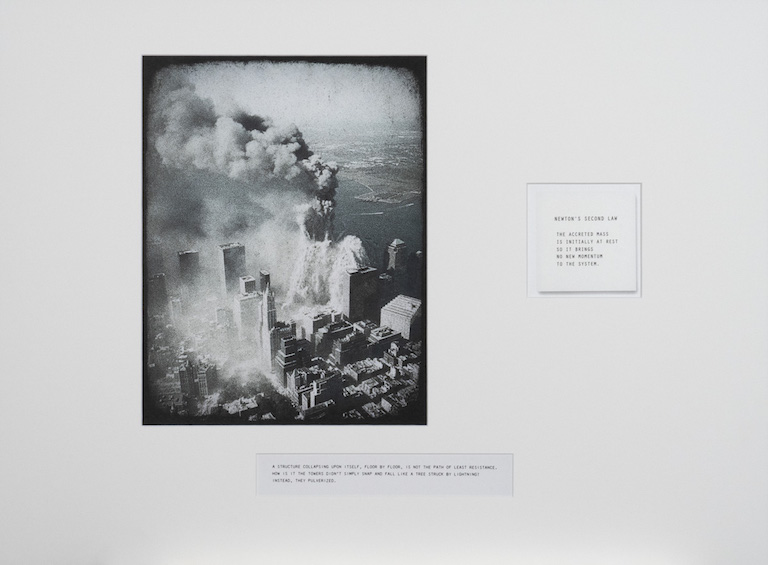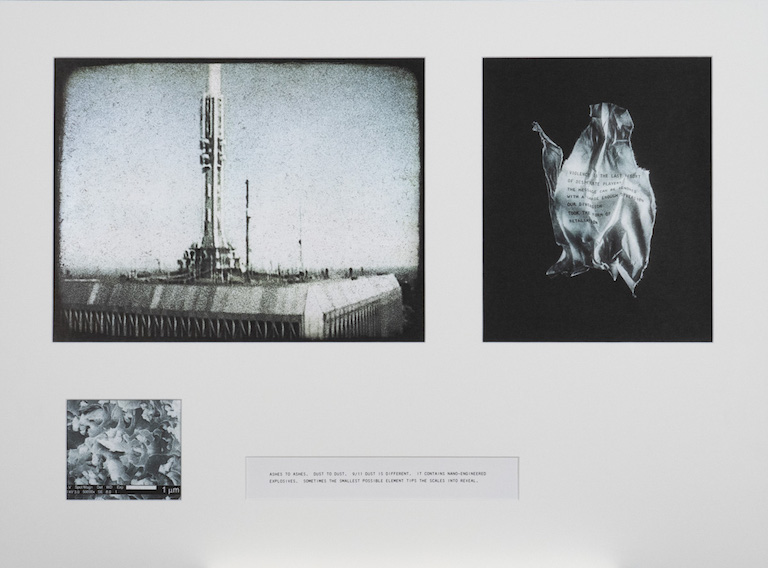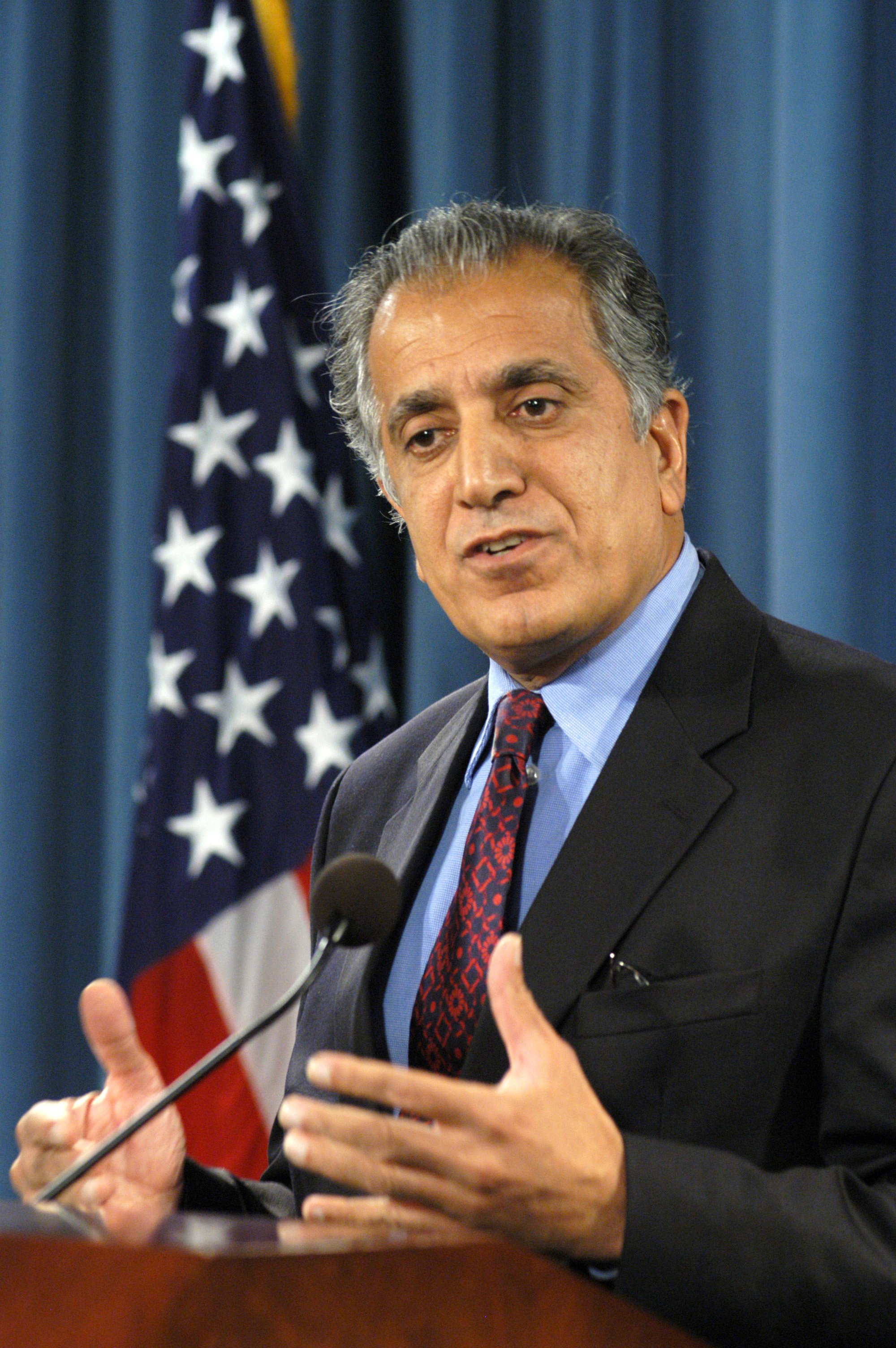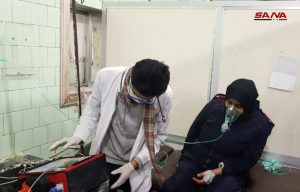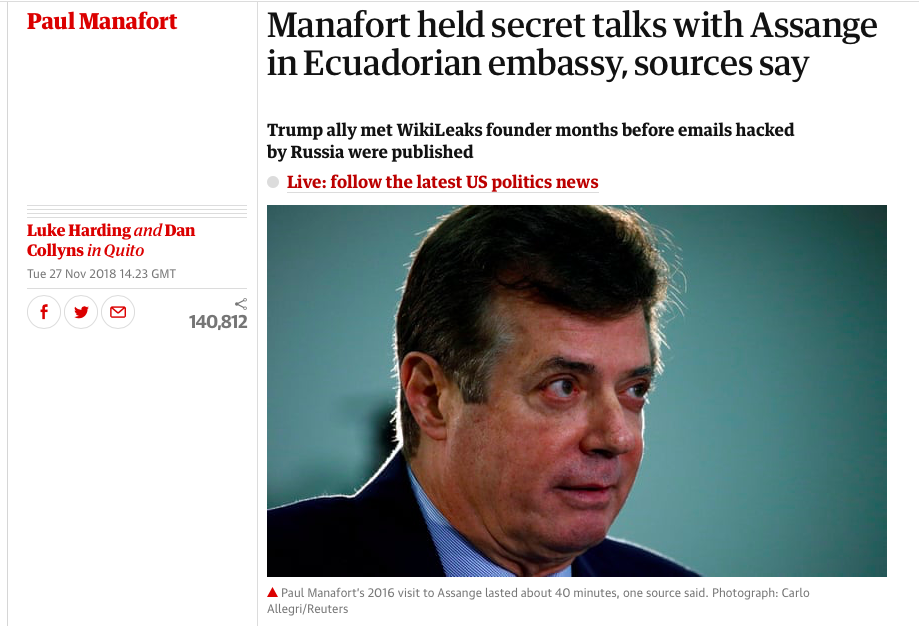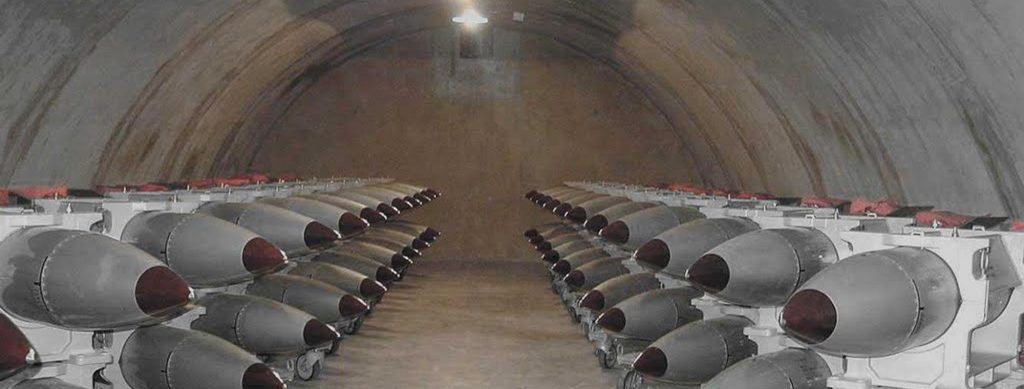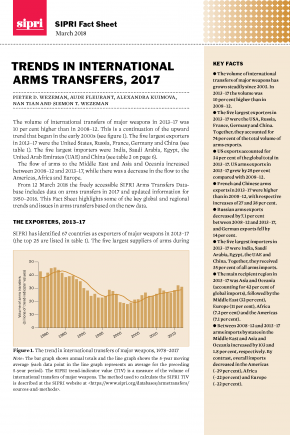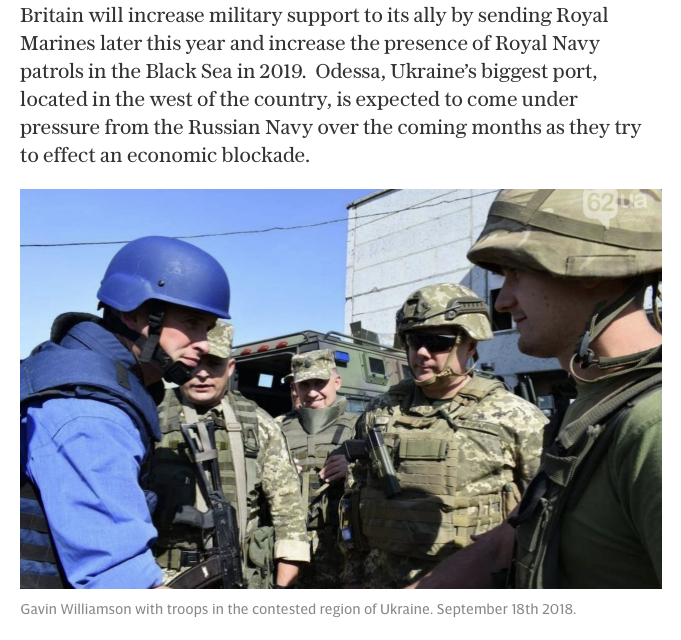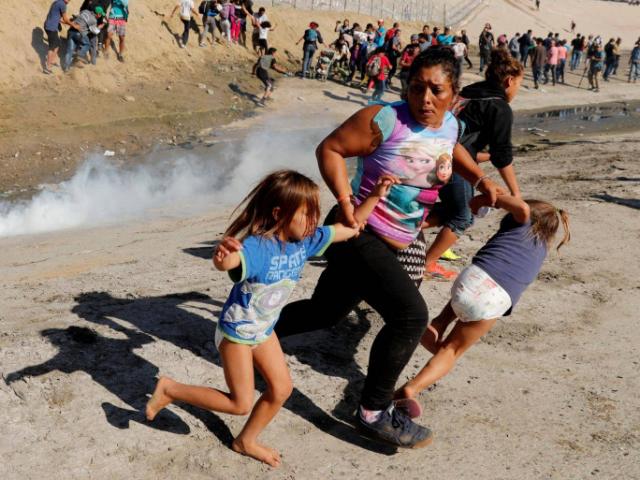For last ten months, the world has been watching at times with hope, sometimes with doubt and often even fear. There have been three inter-Korea summits and one US-North Korea summit. But we see no peace on the Land of Morning Calm.
The Pyong-chang Olympics was marked by the warm and passionate embrace between the same people separated for seventy years. The icy ideological differences melted away.
In Pyongyang, in April, the world sang with North Korean and South Korean singers: “The Spring of peace has come; let us meet, in Seoul, in the Autumn and harvest the peace”.
The Autumn had gone and the Winter has arrived. Yet, there is no peace! Why?
The answer to this question lies in different objectives pursued by those who are directly involved in and affected by the peace process. By and large, there are two groups, one for peace and the other against it. The former includes South Korea’s Moon government and its supporters, North Korea and Trump, while the latter is comprised of the conservative pro-Japanese South Korean elites, the Japanese conservatives represented by Abe and Washington hawkish oligarchy composed of military-security- intelligence-defence industries, MSID oligarchy (the oligarchy).
Proponents of peace
Let us begin with North Korea. It is true that, Pyongyang is not easy to dialogue with it partly because of its seven decades of isolation, constant military threats and terrible economic sanctions which had made it to mistrust others. But, one thing is certain; Kim Jong-un wants peace and decent living standard so that he can give his 25 million a decent life.
Many tend to think that he is ruthless dictator just like his father and grand-father. But he is different; his mother was wise enough to make him to spend childhood as an ordinary child and receive education in Europe. He was sincere when he abandoned his “Byung-jin” policy (parallel development of military might and economic development) and adopted “economy first” policy.
He knows that he cannot develop the economy without peace and to have peace he has to end the relation of hostility with the U.S. He is ready to abandon his nuclear arsenal in exchange of a peace treaty, end of economic sanctions and normal diplomatic relations like any other normal countries.
In fact, the North thinks that it has done enough to show its sincere desire for peace. It has destroyed five nuclear test tunnels; it decommissioned major missile launch sites; it has returned the remains of US soldiers killed or missing during the Korean War; it has collaborated with Moon Jae-in for the removal of guard posts and disarming of guards at the DMZ; it has signed with South Korea for the creation of wide buffer zones of no military exercises along the border line.
Moon Jae-in government of South Korea wants peace for its own reasons.
Image on the right: South Korean President Moon Jae-in and North Korean leader Kim Jong-un embrace each other after releasing a joint statement at the truce village of Panmunjeom, Friday. / Korea Summit Press Pool
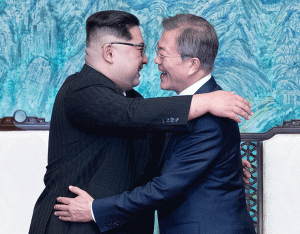
First, the Korean people had been, for last five thousand years, one single ethnic group with one culture and one language. As Moon Jae-in said in front of 150,000 North Koreans in September: “We have been united for five thousand years, but separated for 70 years.” There is a strong nationalistic feeling among the majority of Koreans for becoming once again one nation, one people and one culture.
Second, Korea finds itself once again as small “shrimp” that can be caught between and crushed by big powers (whales) in war. The current China-US Thucydides trap is conceived by many South Korean opinion leaders as a real threat to the Korean peninsula. Korea reunited would have a population of 80 million inhabitants, much greater military might and much larger economy so that it would be able to minimize, if not avoid, the collateral damage of the Thucydides trap.
Third, the sustained economic cooperation with North Korea could be perhaps the only way out of the current economic challenge which Moon must overcome. For years, the South’s GDP has grown at less than 3%; the rate of increase in the value of exports has been declining ever since 2011.
In July of 2018, the value of export of ships fell, compared to the same period of 2017, by 60%, while that of cars, by more than 7%. These two groups of products represent more than a third of the value of Seoul’s export of goods. For the time being, the export of semi-conductors and other electronic products is doing reasonably well, but in the medium run, it may face serious challenge by Chinese products.
The crux of the matter is the loss of the Chaebols’ international competitiveness combined with the powerlessness of SMEs; thus there is big hole in which the Korean economy is trapped
Such poor performance of the Korean economy is largely attributable to decades of pro-Chaebol policy, business-politics collusion and wide spread corruption of the conservative establishment.
In the mean time, the small-and medium-enterprises (SMEs) which represent 99.9% of the total number of firms generating 85% of jobs have not been able to perform as the center of the South Korean economy. To put it bluntly, the danger of the Korean economy is its long-run stagnation.
The only way out is economic cooperation with North Korea. The combination of the South’s technology, capital and vast trade network with well educated, low cost and well disciplined labour and 9 trillion dollar worth of natural resources of the North could be the best bet, perhaps only way, for South Korean economy to keep growing.
The highly effective and lucrative North-South cooperation has shown its virtue for years in the Gaesung Industrial Complex (GIC) where more than one hundred South Korea firms have been producing labour-intensive and capital intensive products by working with several thousand North Korean workers whose wage rate was one-tenth of South Korean wage rate.
Unfortunately, Park Geun-hye, now serving 33 year prison term, closed it three years ago, perhaps to please Washington, even though Washington did not ask for it. Now, Moon’s government is trying hard to reopen it.
To sum up, South Korea’s desire to unite two Koreans is motivated by healthy nationalism, the survival from the Sino-American conflict and economic survival.
It appears, at times, that Trump seems to be sincere in pursuing peace on the Korean peninsula. But why? What are his real goals?
We can think of three goals. One is his search for glory of having done something that Obama or George W. Bush could not do. The second is the use of North Korean issue for his political agenda. The third goal is, may be, his strategy of converting North Korea into the utmost forefront defence line against Chinese domination in the region.
What is then the relative importance of these goals? It is more than possible that his political agenda come first followed by the glory seeking. As for the third goal, being a rare breed of businessman, he may not be keen on playing with empire building foreign policy.
If these assumptions are true, then the peace process will go at least two more years. It is quite possible that he will give what Kim Jong-un wants, at least a part of it, a few months before the next presidential election. If he wins, he may get four more years of power and, at the same time, the glory of the Nobel Prize.
Here we are; we see the motivation of peace-seeking of two Koreas and Trump’s Washington. But nagging question is:”Are they good and strong enough to win over the anti-peace group?”
Anti-peace groups
The anti-peace groups include the South Korean conservative military-security-intelligence-defence industry (MSID) oligarchy, the American MSID oligarchy, and the Japanese conservatives led by Shinzo Abe.
The desire of the Korean oligarchy to maintain tension and hostility in the Korean peninsula is as strong, if not more so, as that of the American counterpart. One thing sure is that they have ruled South Korea for last 60 years by six presidents including Park Geun-hye. Of the six presidents, one was chased out by students, one was assassinated by his CIA director, while the remaining four were or are condemned for imprisonment because of corruption and abuse of power.
One may wonder how come they have been ruling the country so long and maximize the oligarchy’s interest at the expense of public interests.
They have been able to stay in power by brutally oppressing voices of opposition in the name of national security against threat by the North.
As for the Washington oligarchy, it has been able to increase the defence budget and boost the sale of military equipments to Seoul.
Thus, both oligarchies across the Pacific Ocean have been benefitting from the manufactured tension and they have been doing their best to kill the peace process.
Image below is from Black Agenda Report

The strategy of the oligarchies rests on two manufactured truths: “North Korea is threat to South Korea and the United States”, and hence, “it cannot be trusted”. The whole scheme of demonizing North Korea is based on these two “truths”.
It may be true that North Korea could threat South Korea with its nuclear bombs, but South Korea could be also a threat to the North with its nuclear umbrella coverage and superior conventional fire power.
To be frank, as for the North’s threat to the U.S. I wonder how many people with least common sense believe this. North Korea has been consistent all these years in that it has nuclear weapons only for defensive reasons.
Nevertheless, suppose that Kim Jong-un is stupid enough to attack the U.S territory. But the obvious fact is that the Kim’s nuclear ICBM cannot go through the US air defence net. If the American air defence net cannot find and destroy the missiles in advance, it could be an incredible waste of $700 billion of the US defence dollars. We must not forget that the defence budget of North Korea is far less than $10 billion.
At any rate, the assumption of the North’s being threat provides a logical justification of mistrust. Since North Korea is a threat and cannot be trusted, it must be punished. There are three ways of punishing North Korea: war, military exercises, and sanctions.
What the oligarchies want is the creation of the climate of tension, danger and fear facilitating the rule of conservative political regime and sales of arms. By virtue of these methods of punishing North Korea, the South Korean oligarchy has been able to rule for sixty years and enrich themselves through weapon trades and resulting dark money.
Now, we come to the question of guessing which of the pro-peace and anti-peace groups will win. The combined effort of the Moon’s liberal government, the North’s need for economic development and, especially, Trump’s strong positioning for peace might suggest that sooner or later, the peace will be smiling in the Korean peninsula, sanctions will no more seen and the whole of the peninsula will be able to enjoy peaceful and decent living.
But being realistic, we must not underestimate the strength of the anti-peace oligarchy supported by well funded think-tank establishments. In South Korea, the oligarchy has been relatively quiet for last year and half since the liberal Moon regime took over the power. But the deep-rooted and well funded conservative force is striking back to destabilize Moon’s regime.
The South Korean oligarchy has been forced to lay low after their leader Park Geun-hye was impeached and put into 33year prison life. But, the oligarchy led by big corporations is not dead; on the contrary, it is suspected to have unlimited money hidden away and it can fund anti-Moon and anti-peace campaign.
The oligarchy is deploying the following tactics. First, the main opposition party, Han-gook-dang, main benefactor of the corrupted government of Park Geun-hye, is doing every possible thing to discredit Moon’s government.
Second, there are groups of conservative elements led by a doubtful Christian church who are manufacturing every day tons of fake news to warn against fabricated threats from the North.
Third, some of the right-wing intellectuals including university professors are frightening the people by telling that North Korea still plan to unify the peninsula under the Red Flag.
Fourth, it is possible that the slump of the Korea economy is due to deliberate cut in investments by some large corporations so that Moon’s government be blamed for it.
Fifth, main stream media led by the three powerful traditional newspapers, Chosen, Joong-ang and Dong-ah (Cho-Joong-Dong) publish, often without proof, events and stories designed to convince the people that North Korea is not trust worthy.
Finally, the opposition party which is surely very close to the oligarchy does not hide disappointment with Trump’s peace gesture. In fact, its former leader did not conceal his harsh criticism of Trump.
What the anti-peace Korean conservatives are trying now is to get back the power in two years by discrediting the liberal government and restore the tension which has been beneficial to them.
It is hard to predict the outcome of oligarchy’s anti-peace tactics, but one should not underestimate the force of anti-peace funds.
Money talks! Money is persuasive!
There is another variable that seems to affect the peace process. The victory of the Democrats in the U.S. Congress may affect whole dynamics of the peace dialogue.
It may have double effects. On the one hand, it could speed up the process; Trump might speed up the dialogue before the Democrats organize themselves to launch effective anti-Trump movement. The Pompeo-Kim Yong-chul meeting may take place soon.
On the other hand, one may have to wait two more years until the next presidential election before trump offers some “rewards” to Kim Jong-un.
There is another event which has something to do with Democrats’ victory. A few weeks ago, the Center for Strategic and International Studies (CSIS) published a satellite image of 13 missile test sites. This report has raised a storm of controversy.
The hidden purpose of the report seems to show once again that North Korea is a still a threat and cannot be trusted. The 13 missile test sites appeared to be active suggesting that North Korea has not stopped its missile program. In other words, Pyongyang has betrayed the Singapore agreement and, hence, it is futile to continue negotiations with Kim Jong-un.
This was the message which the report tried to convey to the world’s public. The New York Times and CNN went beyond what the report intended to accomplish; these two media went as far as saying that Trump was cheated by Kim Jong-un; Trump was played by Kim. On the basis of this media report, General Barry McCaffrey would have told NBC:
“In the sort term, North Korea is the most consequential threat to the US national security…They have nuclear weapons, they have delivery system, they are not going to denuclearize”. (NBC: November 12, 2018)
Senator Edward Markey (Democrat) of Massachusetts is quoted to have said that Trump is played by Kim Jong-un and, hence, the second Trump-Kim Summit should not take place. (The Nation:November 16, 2018)
It is rather difficult to understand such emotional reactions, for what the satellite image has sown has little to do with the Singapore agreement.
As Professor Viping Narang of MIT is quoted to have said (The Nation: November 16, 2018) that Kim Jong-un has never offered to stop producing ballistic missiles. Similarly Leon Sigal, former member of the Times Boar is quoted to have said in 38 Norththat there was no agreement prohibiting the deployment of missiles by Pyongyang. There are many other experts who make similar observations.
There are many other North Korea watchers who are puzzled by what David E. Sager has written in the Times (November 12). There are several things which make CSIS’s report questionable.
For one thing, the 13 sites are for short-range or medium-range missiles; these missiles were not the target of the Singapore agreement.
Second, the report warns that the sites were concealed. The Blue House and the White House have known about these sites for long time.
Third, the image was taken in March this year, eight months before the Singapore Summit.
What bothers me is this. Why the report, now, in the first place? Why such offensive interpretation of the report by the Times? I am sure that the chief author of the report, Victor Cha knew that what the image has shown was not the violation of the Singapore agreement; after all, he is one of the well known Korea watchers.
What worries Cha appears to b the possibility that Trump is going to accept a bad deal. He would have said: “North Korea gives a single test site and dismantle a few other things in exchange of a peace agreement”. (The Nation:November 16, 2018) This seems to be a severe underestimation of Trump’s ability to negotiate.
In South Korea where he came from, Cha is known to be most notorious anti-North Korea and anti-peace person. But, to understand Cha, we must know the nature of his employer, the CSIS. This Center is perhaps one of the most amply funded think tank establishments. Funds come from Northrop Grumman, Lockheed Martin, Boeing, General Dynamics, L-3, Rockwell, General Atomics, Booz Allen, Hamilton, Japanese Mitsubishi heavy Industries, South Korean Samsung Electronics, Korea Aerospace Industries Ltd. (The Nation: November 16, 2018)
These are the major players in the production of arms and they have major stake in the peace process in Korea. South Korea has been for decades the most lucrative market for these big players. The global integration of Korean firms is so complete that the Korea-US military cooperation has become a big business.
In 2016, the CSIS organized a meeting. At the opening speech, John Hamre, CEO of CSIS said : “We’ve been military partners for 70 years, we are now going to be business partners in a very new way”. (The Nation: November 16, 2018)
These firms are the core of the oligarchy, which might gain nothing by denuclearization, end of the Korean War and peace on the Korean peninsula. On the contrary, they will lose greatly by the peace process for two reasons. They will lose by selling less military equipment to Seoul; they will get less of illegal and immoral money related to arms transactions.
It is not necessarily by chance that the CSIS came out with the report right after the return of the Democrats to the Congress. It is more than possible that the oligarchy and the Democrats ganged up to destroy Trump and his Korea policy. The CSIS report, the Times’ interpretation of the report and various media voices may be first salvo of fight against the peace efforts on the Korean peninsula.
There are already some pessimistic voices about the denuclearization and the peace treaty on the Korean peninsula; it is indeed possible that the peace may not come this time.
But I like to say this.
First, the North-South tension is no longer possible because of the inter-Korea summits agreements and their swift implementation. The oligarchies should accept this and look for other means of exploiting the Korean peninsula; for example, making profit by joining the North’s economic development.
Second, it is about the time that the few rich and powerful stop destroying the poor people in North Korea; they have suffered enough from the 70 years of threats, sanctions, hunger and despair.
*
Note to readers: please click the share buttons above. Forward this article to your email lists. Crosspost on your blog site, internet forums. etc.
Professor Joseph H. Chung is co-director of the East Asia Observatory (OAE) of the Study Center for Integration and Globalisation (CEIM), Quebec University (UQAM). He is Research Associate of the Centre for Research on Globalization.
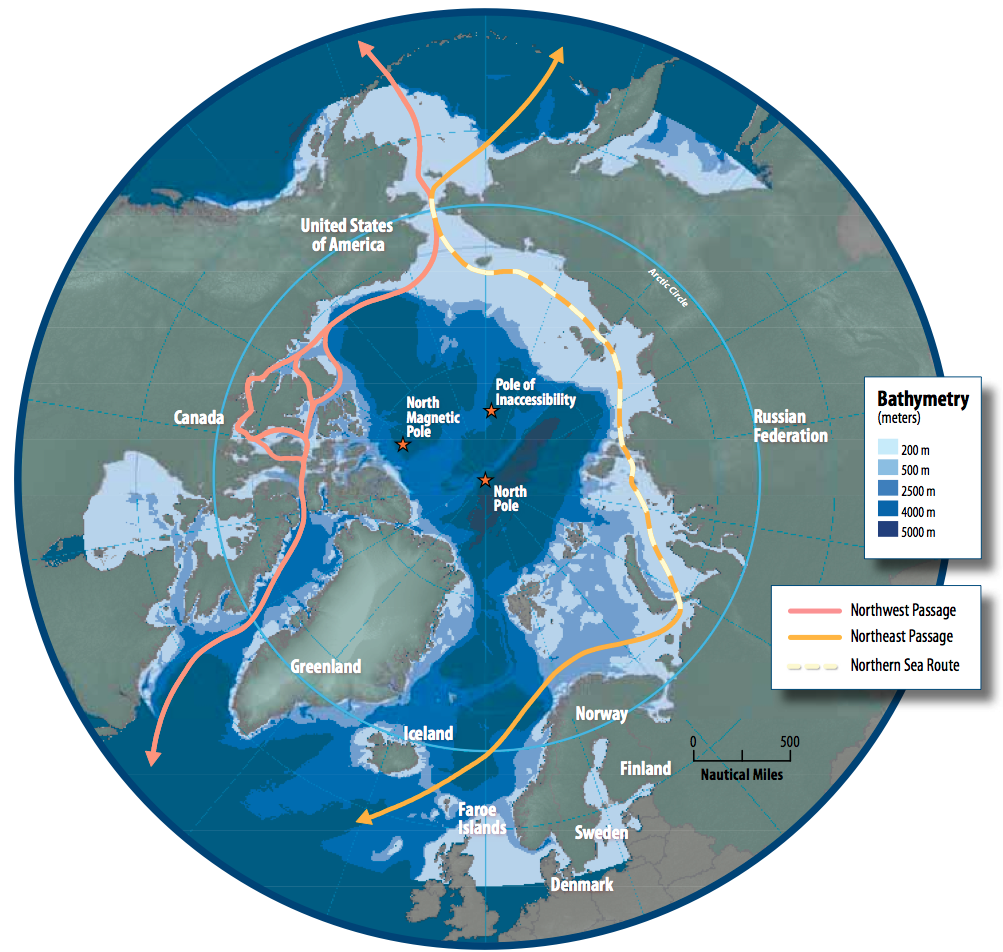




![Exxon's own research in the 1980s indicated that without major reductions in fossil fuel combustion, "[t]here are some potentially catastrophic events that must be considered." (Photo: Luc B / Flickr)](https://www.globalresearch.ca/wp-content/uploads/2016/01/exxon_-300x200.jpg)




